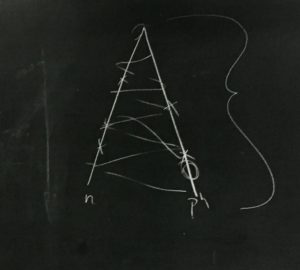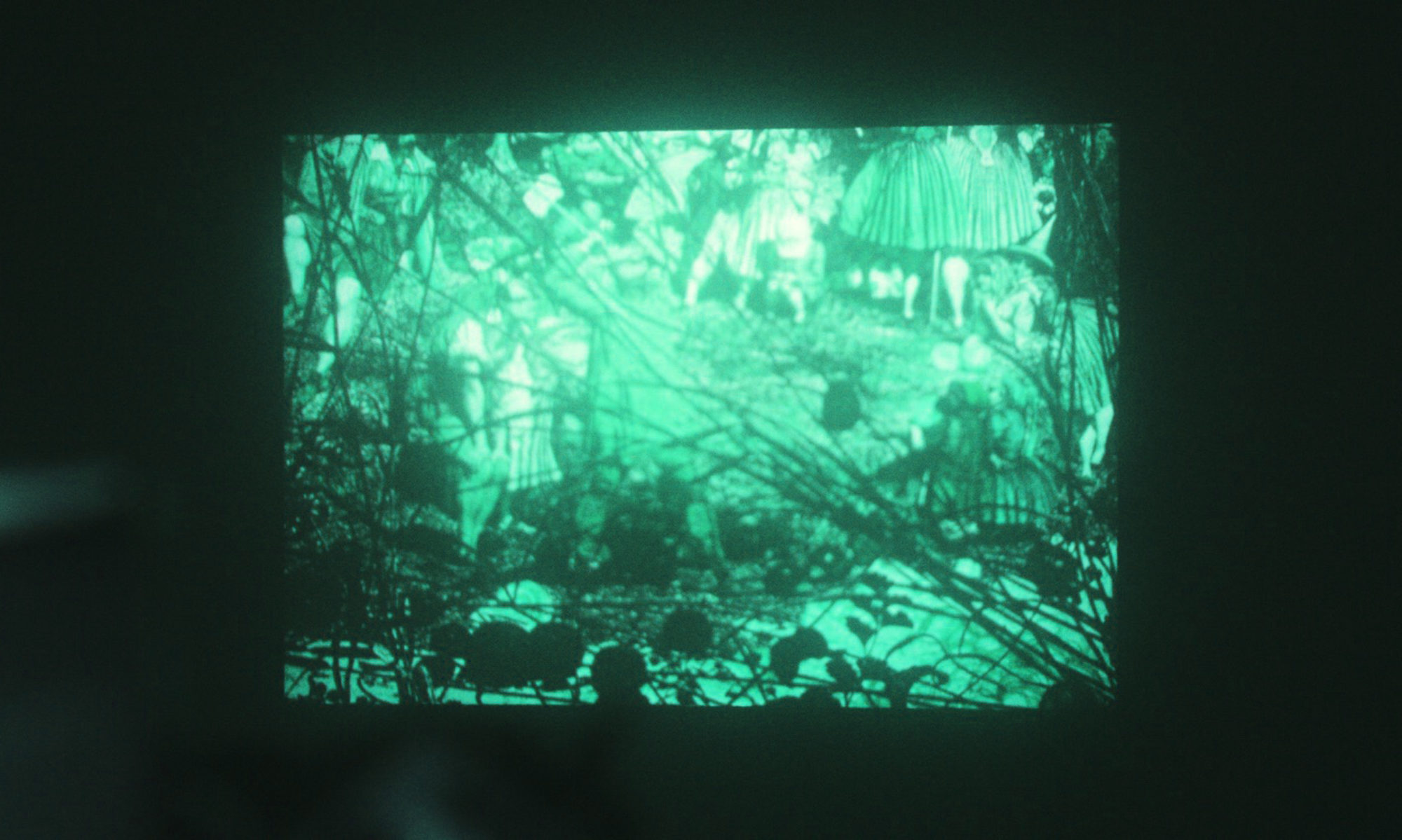Graham here. Revisiting Wednesday…
We began by canvasing the room concerning the first set of punctum exercises. What had it been like to attempt to hold your historical moment using Hegel’s hands? What happened when you tried to “deploy” the understanding of Hegel’s historicism that you were able to reach (through your reading of Hegel himself and Hayden White on Hegel) – deploy this understanding through some “activation” of your chosen date/moment/time?
Replies were mixed – perhaps even a little hesitant. Jeff and I get the sense that the assignment is sufficiently peculiar that there is perhaps a sort of natural inclination to adopt a slightly “wait and see” posture. Fair enough. It is indeed a wide-open space. I think it is our hope that you all are going to help us come to know what it is that we all want from the exercise. Let us find our way!
I talked a little bit about my own effort, which as I explained, departs from three quotes from the White. I’ll give them here:
“Comedy is the form which reflection takes after it has assimilated the truths of Tragedy to itself.” (White, p. 94)
“It would seem that, for Hegel, the reason for writing history is to be sought in the transformations of consciousness which the attempt to do so effects in the minds of the historians themselves.” (White, p. 100)
“Hegel thus fully credited the immediate perception of the historical field as a ‘panorama of sin and suffering.’ But he set his perception of this panorama within the means-ends question which he insisted in raised in the consciousness by moral reflection on it (‘to what principle, to what final aim these enormous sacrifices have been offered.’) ¶ In short, ‘sin and suffering’ must be viewed as the means for the realization of some principle that is superior to them.” (White, p. 107)
As I explained, my think piece consists of a brief meditation on my own punctum (6 August 1945) within something like the triangular space I take to be defined by these three propositions about Hegel in Metahistory.
Ultimately, it was the third of these that created, for me, the most difficult/productive sense of wrestling with Hegel’s historical mode. There is something provoking – to the point of disgust – in being asked to discern some forward-unfolding of Spirit, some disclosure of reason achieving consciousness in/of/for the real, in the nearly instantaneous death of some eighty to one hundred thousand human beings in the city of Hiroshima at 9:15 in the morning, Tokyo time, on that fateful day.
Nor does the temporal conjuncture that drew me to my punctum in the first place (the tragic/comic fact that my maternal grandfather fell onto Japanese soil in the crash landing of his P-51 Mustang at more or less the same moment as Little Boy dropped from the Enola Gay) do anything to alleviate the sense that there is something grotesque about the project of seeking some ordering “plan” or higher “meaning” in this historical moment – on the contrary, the juxtaposition of microcosmic individual drama and macrocosmic horror rather heightens the general queasiness of the whole enterprise.
In this basic way, I found that simply sitting with the Hegelian challenge (as honed by White), and experiencing not only a despairing sense of the impossibility of the exercise, but also a genuine feeling of repugnance in relation to the whole enterprise — all this gave me a very definite feeling that I was laboring to achieve an inwardness with Hegel’s historical program.
That’s about as far as I got on my own.
But the first two-thirds of our seminar, amounted, at least for me, a pretty sustained effort to attempt some sort of “defense” of Hegel’s “apparent” position on all this – a position that can be résuméd in White’s terms as something like “in the end…Comedy.” Which is to say, we literally banged our heads against this idea that in the end, for Hegel, whatever of tragedy is disclosed to consciousness in the unfolding of historical consciousness, ultimately a “comic emplotment” holds the whole story in its gentle, hopeful, reconciling hands. The comic emplotment gets the last laugh.
That was a dumb joke, there, at the end of the last paragraph — because, of course, there is nothing “funny” about a comic emplotment. At issue is the (temporary? Yes, always, temporary, but also for Hegel, apparently, always recurring…) consilience of what had seemed unassimilable, and antinomous, even antagonistic.
That this diastolic complacency (however provisional) belongs over and beyond and above the sober acquiescence to conditions (known as tragedy) would be glad tidings indeed — if true. But is it? On what grounds could Hegel assert the truth of this proposition dictated by reason itself?
This was our question.
Here was our answer:

Glib. Again. Too glib.
But I did feel my way toward feeling a kind of intuition of the idea. To write it here will, I think, make it sound stupid. Because, in a way, to write it, you probably have to write the Hegel itself (shades of the Menard here…). But if I had to try to explain what makes me feel like I sort of get it, I would say something like: look, what consciousness does is understand, and so if consciousness turns to history, the result of that is going to be understanding. Or, to put it another way: sure, it might all just be random and meaningless, except, consciousness in “amidst” what obtains, and therefore that cannot be right — mind is here, moving. And so, what we know is mind will move with and in history and the result of that will be some mind-ordered history-in-consciousness. And so, well,…there you go! Or, rather, there you will continue going. In the end the “truth” is the whole thing, and the whole thing is a sequence of understandings (see left side of picture above).
Don’t send this to Robert Pippin. I’ll get flamed. (I’m not a Hegel scholar! I am a civilian, trying to make sense of this stuff!)
[visualize old-school smile emoji here; wordpress auto-converts to a little egg-yolk that I do not like…]
We took a break. And when we came back we turned to the Charterhouse of Parma. And we asked our question: Where is history in this book?
Many answers (in the names of the “great families” of Italy; in the “world-historic” figure of Napoleon; in the central socio-political change that the book documents, from the world of wigs to the world without, from the world of ministers, to the world of lawyers, etc.).
For a moment, we trembled on the threshold of a question equally “deep” and “foolish”: What is this? What kind of thing is this thing that is a novel? And what relationship does it have to the form of historical consciousness that is at the center of White’s book?
A big question, with which we have not finished, I think. We will pick it up next week, I hope…
Thank you, all!
